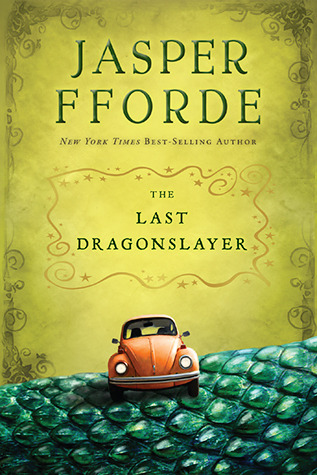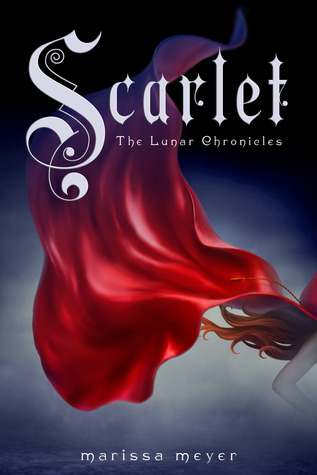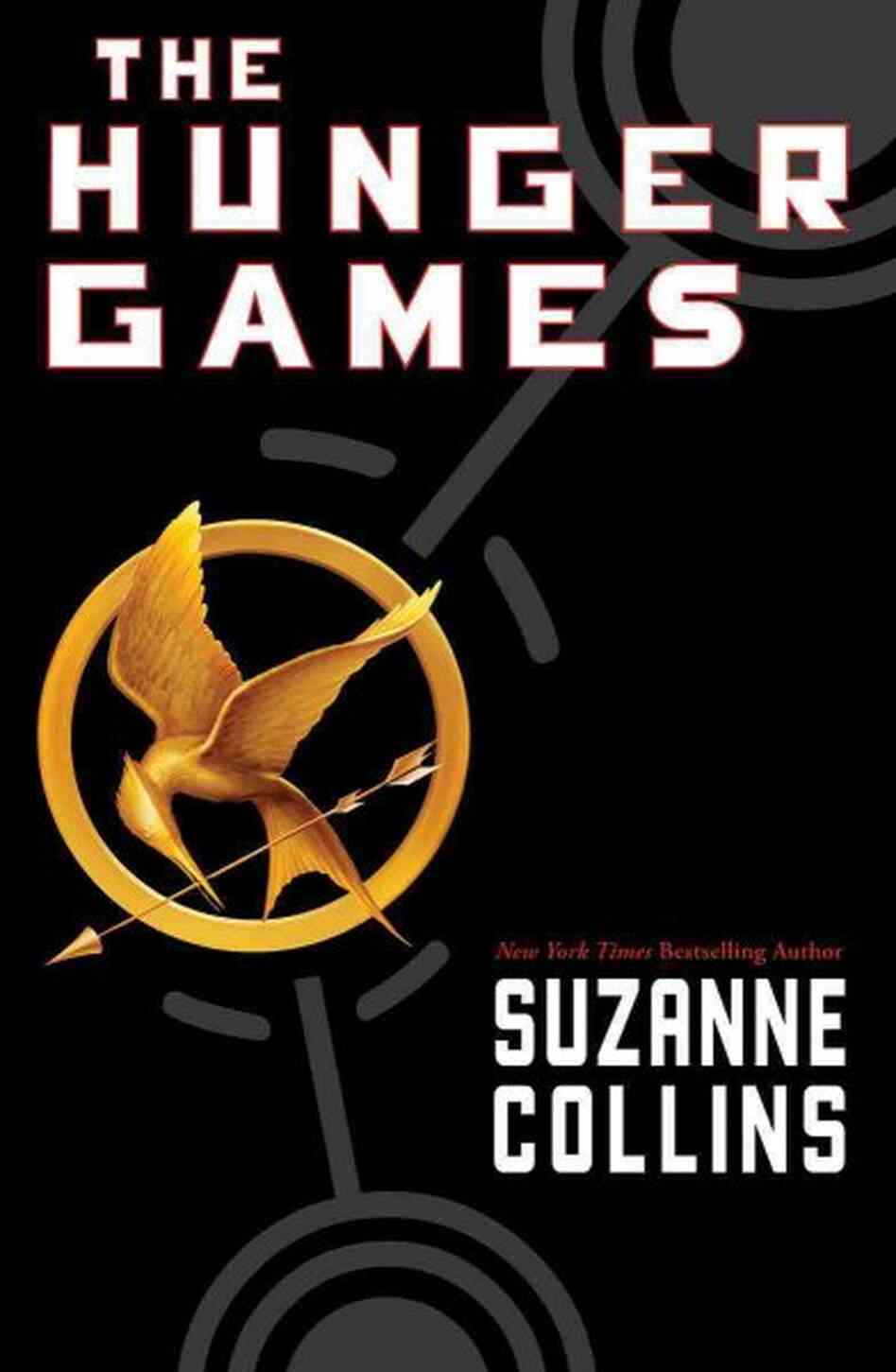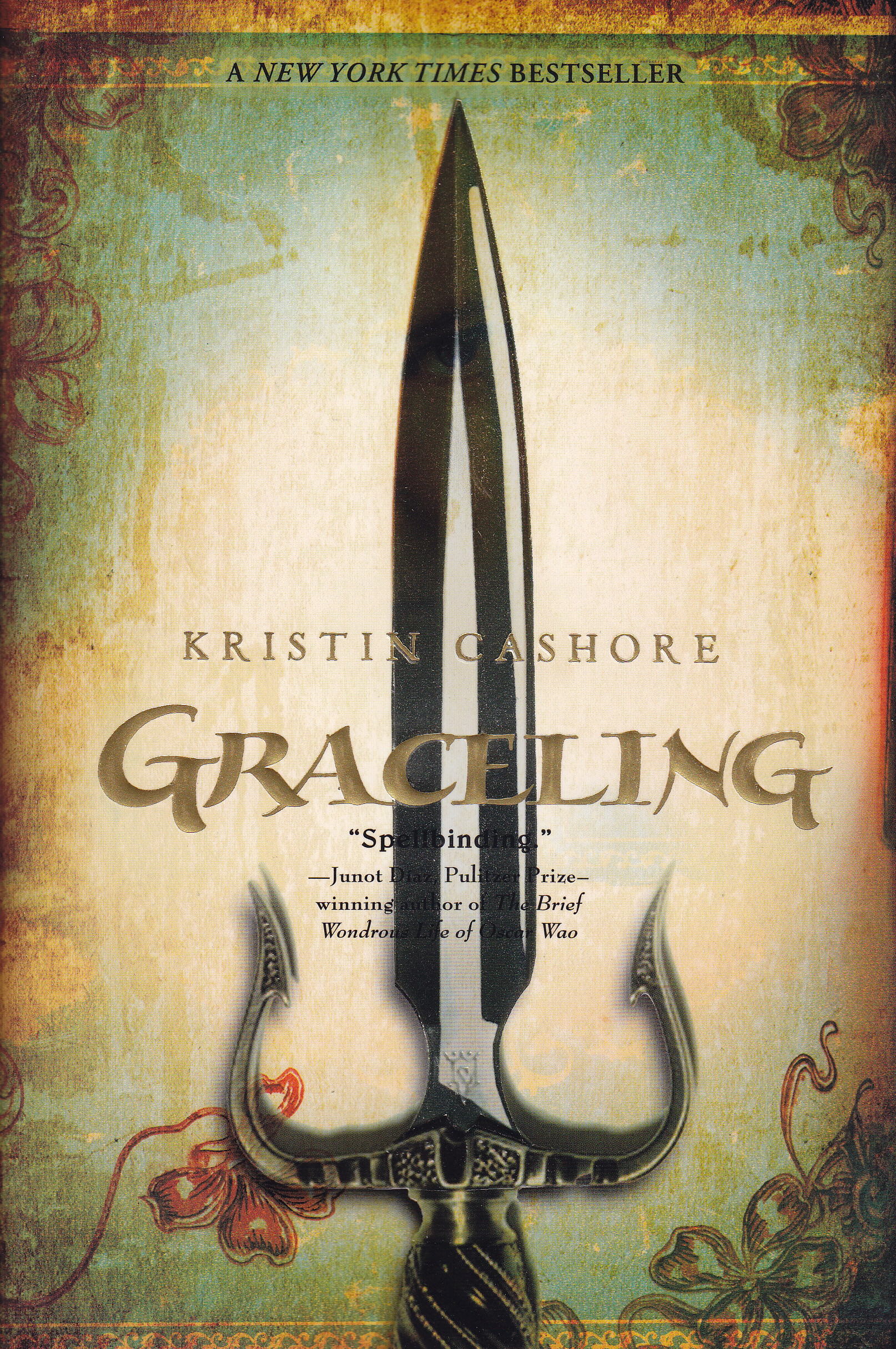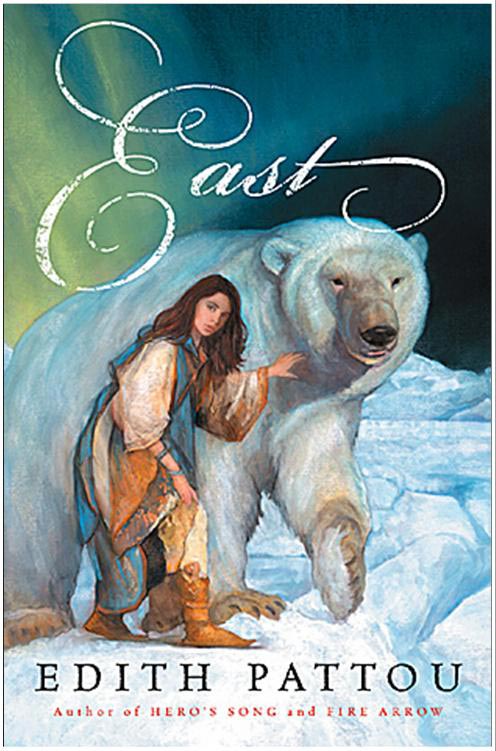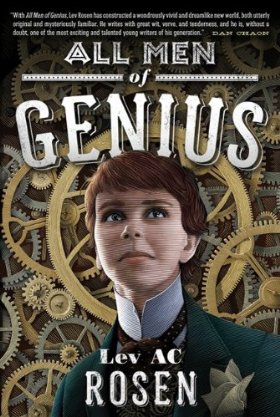Message from Me: I realize it has been an entire month since I have posted. That is because I have been reading a bagillion YA novels, some of which were great, some of which were crap. I have selected a few of the great ones to review (and will spare you the crap ones) and then I can get back to doing what I do best: reading books I want to read! Huzzah! Now back to your regularly scheduled programming.
The Hunger Games
by Suzanne Collins
“Then something unexpected happens. At least, I don't expect it because I don't think of District 12 as a place that cares about me. But a shift has occurred since I stepped up to take Prim's place, and now it seems I have become someone precious. At first one, then another, then almost every member of the crowd touches the three middle fingers of their left hand to their lips and holds it out to me. It is an old and rarely used gesture of our district, occasionally seen at funerals. It means thanks, it means admiration, it means good-bye to someone you love.”
(If you have read the book, you can skip this part) Katniss Everdeen lives in District 12 of Panam. Once the Districts rose up against the capital city, and now, to remind them of their terrible defeat, the capital city requires each district to send one male and one female child as tribute to compete in the yearly Hunger Games. The children must compete to survive, and there is only one winner. Katniss volunteers to spare her sister from the games and is plunged into a world of false pageantry and glamour until the day of the games dawns. She, and her fellow tribute Peeta, must survive at all costs. But in the end, only one of them can go home.
This is the third time I have traveled through
The Hunger Games, but the first time I have read it in print. I first listened to the audio book, which did not leave a good impression on me. The actress playing Katniss had a thin whiny quality to her voice that made me dislike her. Then, I saw the movie, which I thought was a good adaptation. However, I loved reading this book.
Katniss is a smart, strong character, not at all whiny like the audio book had me believe. She focuses on the next thing that will help her survive. Her silence and distrust for everyone is not natural. It comes from her oppression. She learned to keep her mouth shut. She is pragmatic because she has to be. The one thing that remained from the audio book was my frustration at her being such a poor judge of character. If she had been horribly wronged in some way by someone she trusted out of malice, I could understand how she would see the worst in Peeta’s motives for so long. However, he has been nothing but kind to her, and she always questions it.
Now that I have read it again, smaller details start moving to the fore, like her relationship with her father and how it is a source of strength for her, and her relationship with her mother and her feeling of betrayal at her mother’s depression (which I had not realized was medical, rather than emotional).
The book is fast paced and action packed. It always seems longer when someone is reading it to you, but I zipped through this book, and was always surprised how the next adventure was right on top of the last one. It still dragged for me at the end, especially the one time when you think that Peeta and Katniss are getting out of the cave for good and going off to kill Cato, but then have to return for a final night in the cave.
The survival parts, where Katniss is alone in the woods, surviving and fighting and planning are so much more compelling to me than the romantic parts. In this read, I realized how truly clueless Peeta was that Katniss was pretending to love him. For some reason I thought the book had more Gale and Peeta romance bits, but perhaps that was because I listened to all the audio books in a row and lost the demarcation of each book.
This book is violent and disturbing, yes, but it is based on the old myth, Theseus and the Minotaur where young people were sent as tribute to feed the Minotaur. It is not as gory as
Battle Royale, a movie of with a similar plot line, nor is it as disturbing as other books we have read this year (
Never Fall Down). It is in fact, rather tame.
Children kill other children, but when you are a child, you see yourself as capable of adult things. You see yourself as the adventuresome hero who can do what must be done. In a way it is good that Suzanne Collins has so clearly defined the good guys from the bad guys, and that our protagonists only kill in self-defense, by accident, or through mercy. If the delineations had been more nebulous, I would certainly be concerned or if our main characters had no regard for the lives of those they killed. As much as I love fully fleshed out villains, and ambiguous protagonists, the subject matter is such that it might have led to readers taking a callous view of human life.
Funny side note: The first time I listed to
Hunger Games on audio book, my boyfriend and I were traveling to Disney World. We got to the hotel and were staring up at the plastic fountains and twinkle lights and smiling faces and perfect bedrooms, and the irony of the situation began to sink in.
Books Like This

